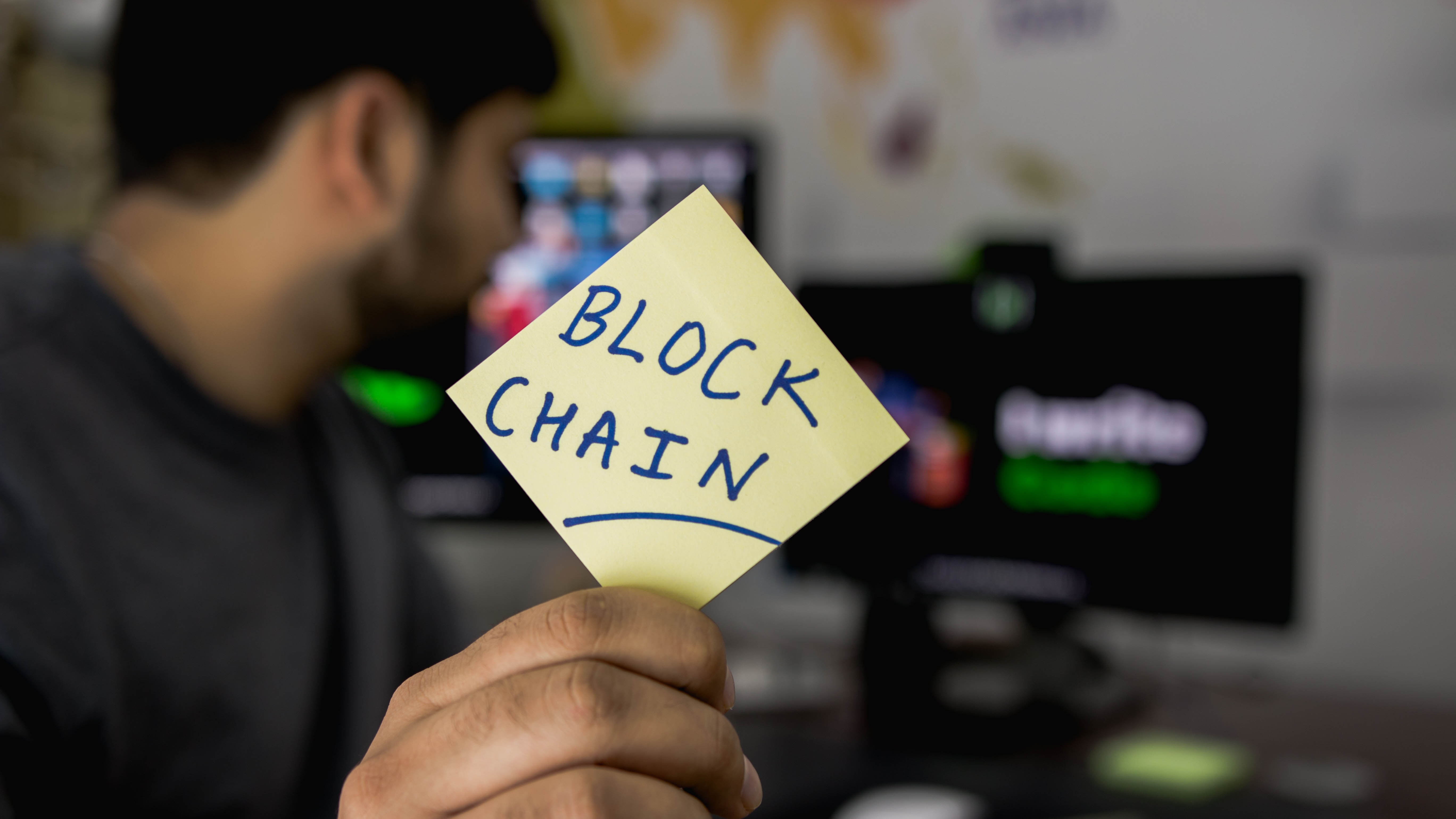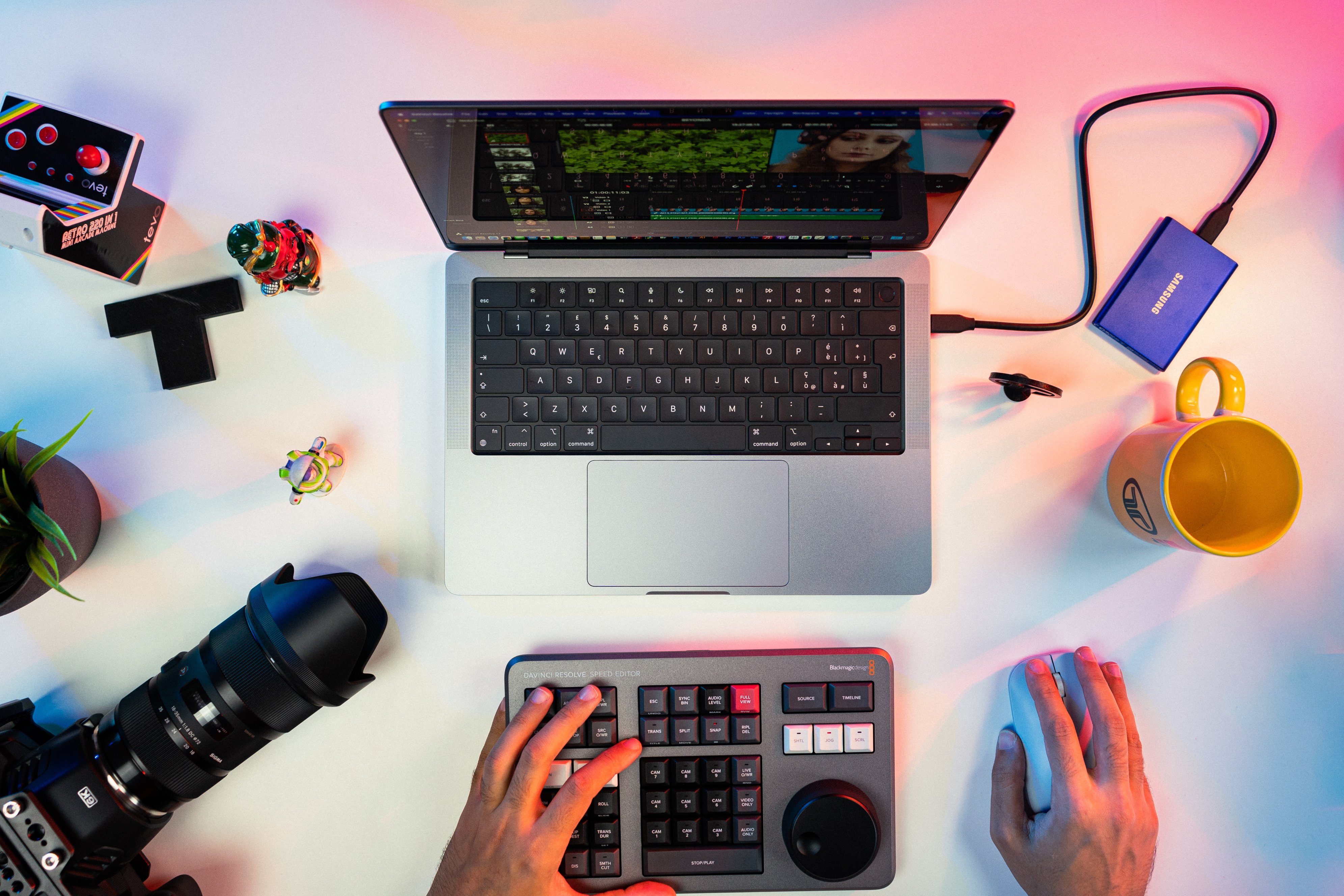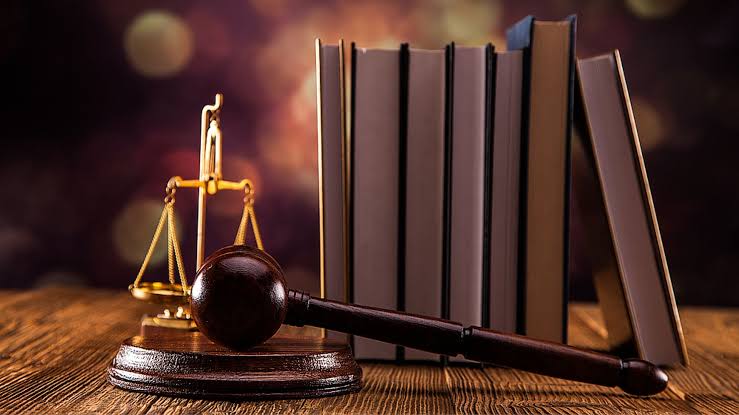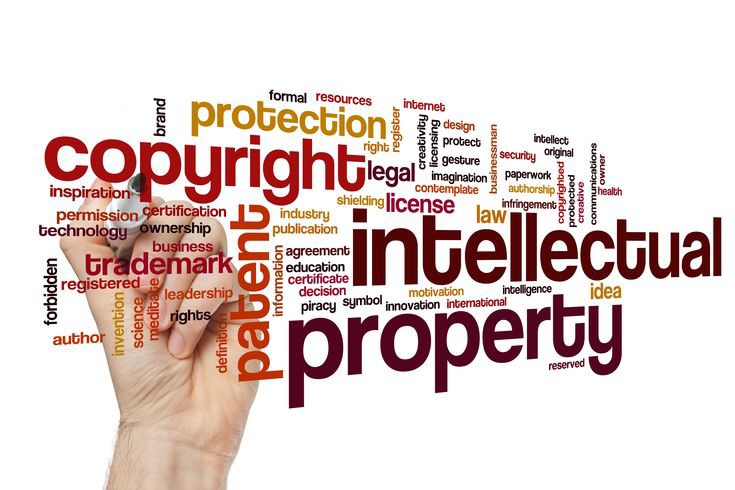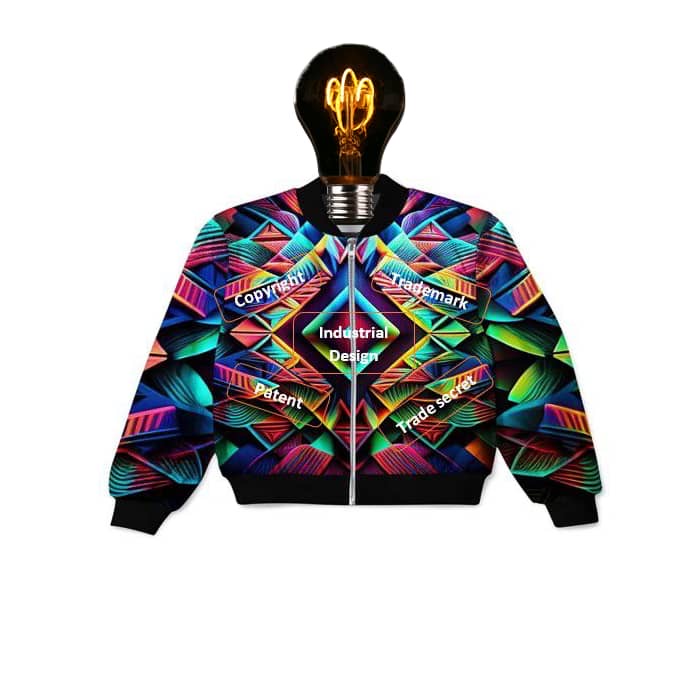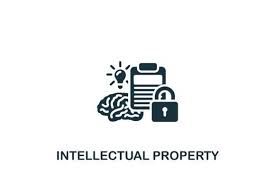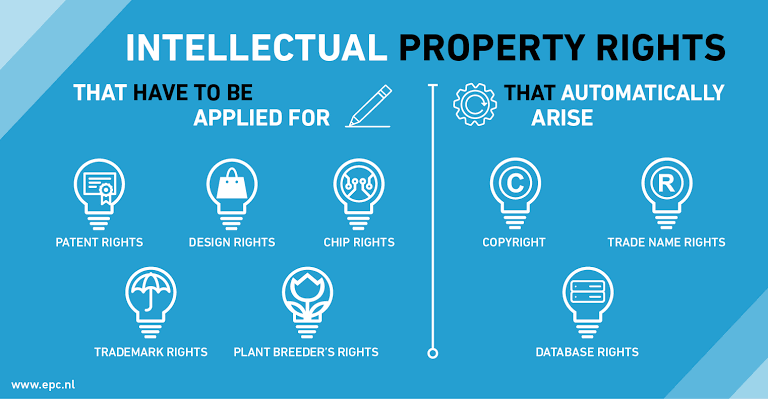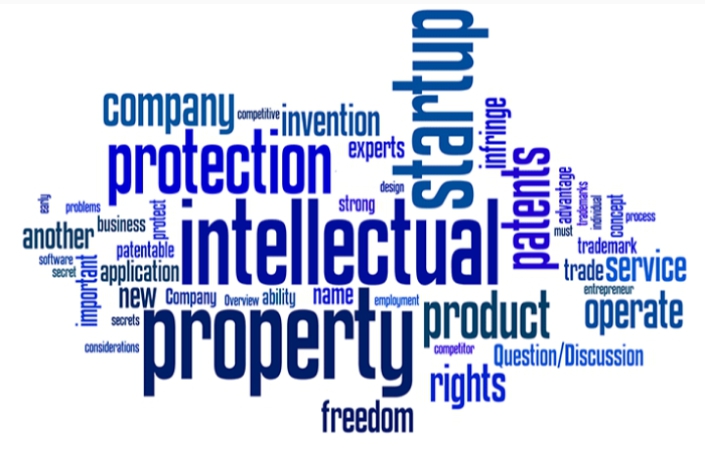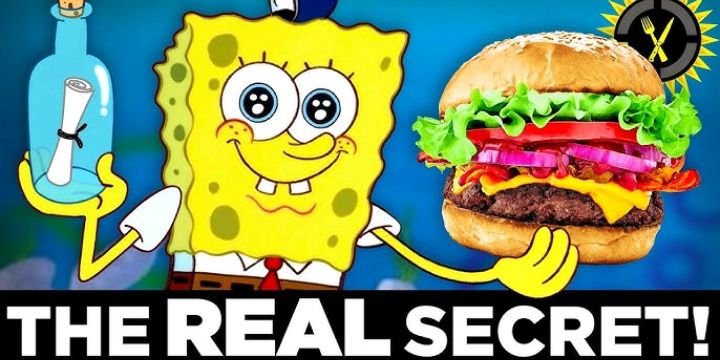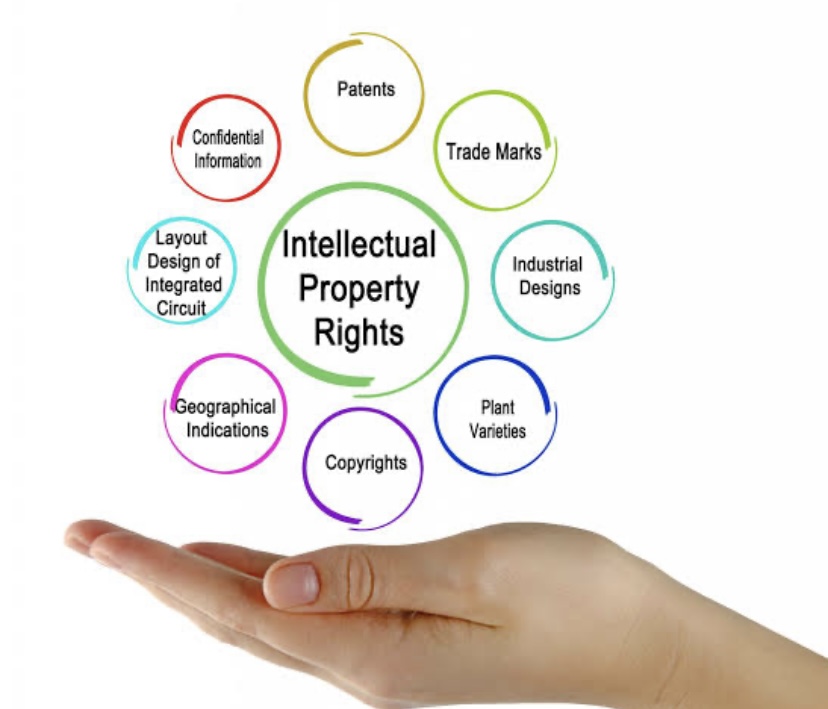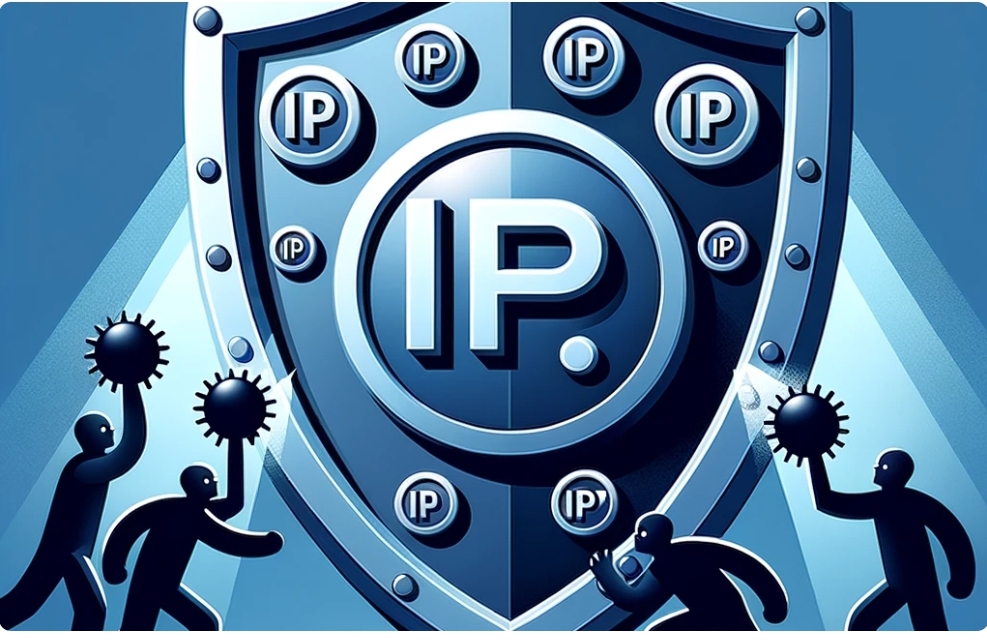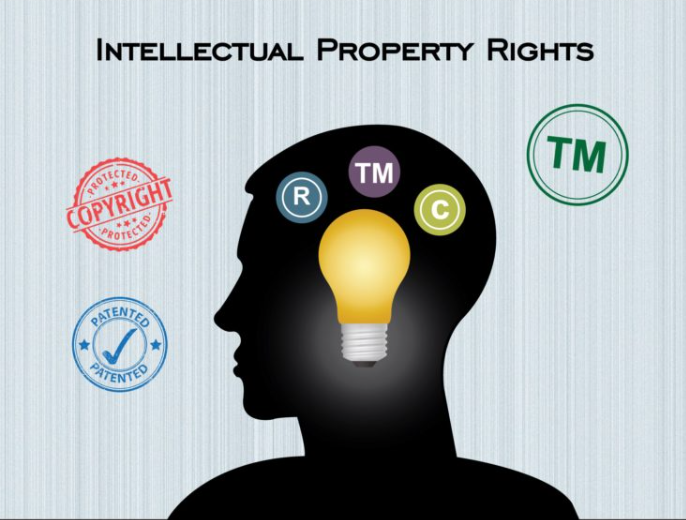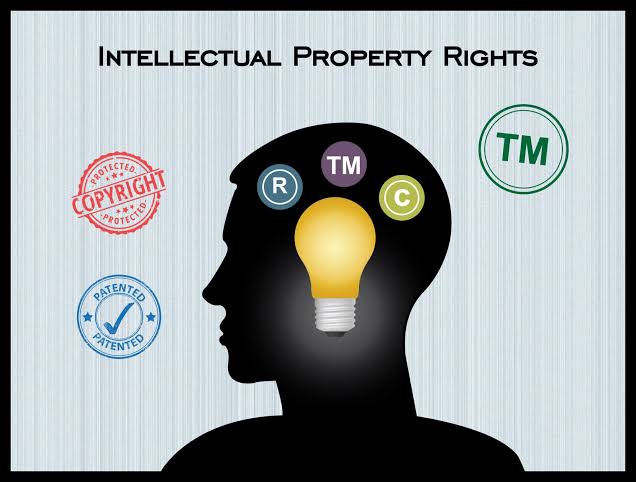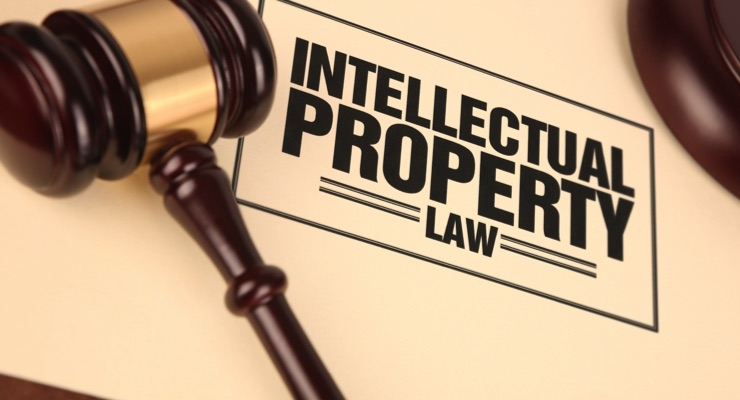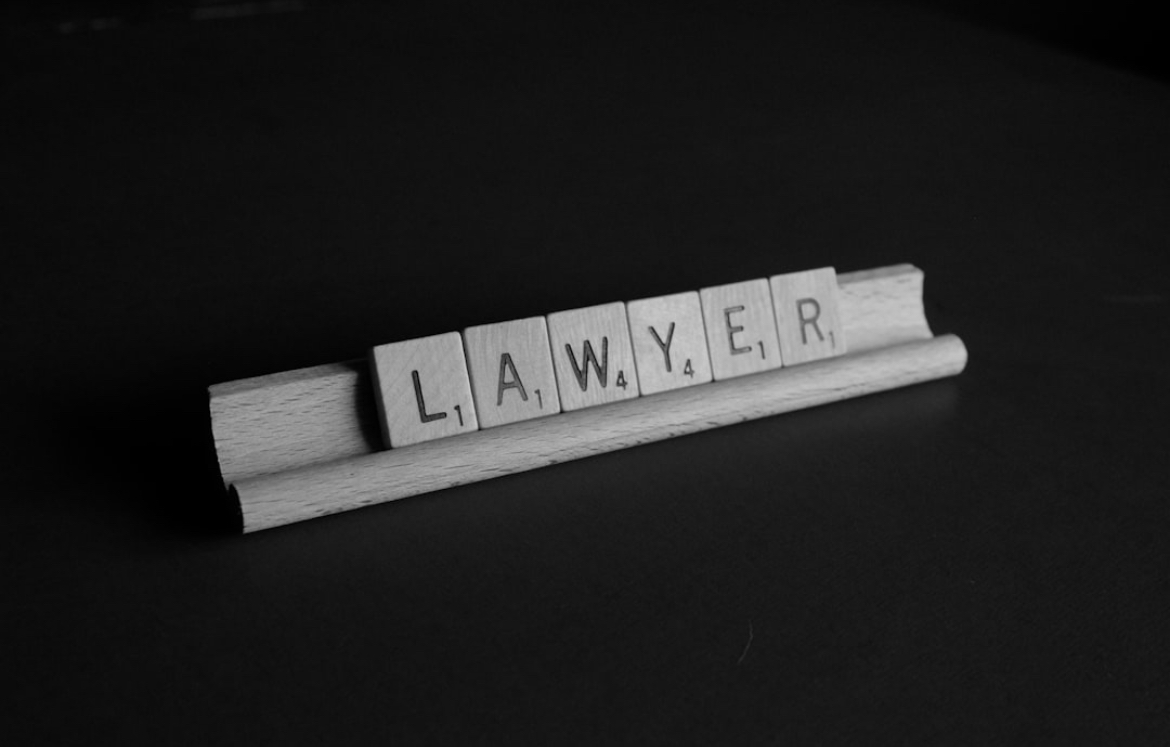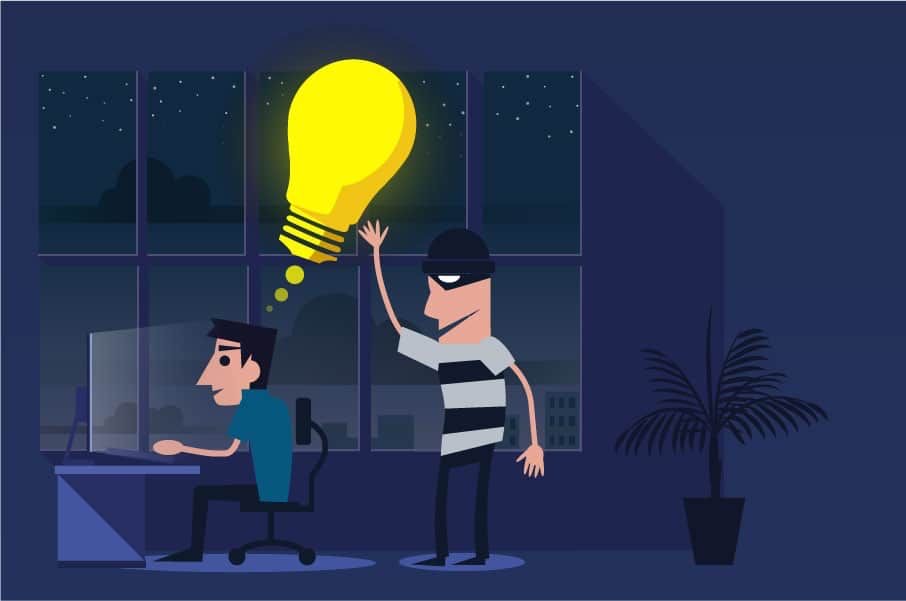
Introduction
Everyone has the fundamental right to intellectual property (IP) as most people are creative and innovative beings. While many people draw from and expand upon previously developed information and concepts. Although everyone has a right to intellectual property protection, this right seemingly doesn't activate until there is something to be protected. So for a person to be protected under this right, they must have a creation born out of the ingenuity of their own mind and thoughts.
What is intellectual property? Intellectual property are those creations and ideas which range from literary works such as poetry, novels, drawings, novels, movies, academic ideas, business names,signs and works which were born out of the human mind.
How do I know when these rights are being violated? Intellectual property rights are negative rights that require people to respect a person's rights and not infringe upon them. It is a restrictive right. Negative rights are “rights not to be interfered with, a right that imposes no obligation upon others other than that of non-interference," according to Robert Nozick. Therefore, if a third party uses a person's intellectual property in a way that is prohibited by law without getting the permission or the approval of the person or from another person who the owner has granted a licence to, then the right has been violated. So this can occur when a person reproduces an article without permission.
How do I protect my work? This question leads to the next segment of the guide, the intellectual property protection categories. There are several areas under which intellectual property can be safeguarded, depending on the kind of intellectual property or information which requires protecting.
1. Copyright: Copyright is a type of intellectual property that protects the original owner or author of a work. Copyright gives exclusive control to the original author of a work to use and distribute those works. Copyright protects only original works so for a work to be protected under copyright it must be original and fixed in a permanent or tangible form of expression. Works protected under copyright include artistic works such as paintings and photographs, musical recordings , cinematographic works such as movies , documentaries,literary works such as novels. The law gives the creators of these original works exclusivity to deal with them. So in order for a third party to deal with these works they have to receive permission from the owner of the work under such conditions as he might give. Copyrights can be passed as an inheritance by the original owner of the work. This is because copyright as a specie of intellectual property is a right that one can rent out or transfer completely to someone else. In Nigeria the law that regulates copyright is COPYRIGHT ACT (Cap C28, Laws of the Federation of Nigeria 2004)
2. Trademarks: A trademark is a product source identifier. It is a species of intellectual property used to protect phrases, symbols, signs, and slogans that are usually exclusively associated with a particular brand or person. Starting a business usually involves getting a unique name, phrase, and symbol for the brand, and these elements have to be protected to avoid confusion. For instance, the Apple logo on iPhones and Apple devices. They help consumers to be able to distinguish one brand from another. When a third party makes use of a trademarked logo or phrase, they can be liable for passing off. For a sign, symbol, or mark to be protected under Nigerian law, it must be registered in Nigeria. The initial registration is for seven years and can be renewed. Marks which are deceptive or scandalous, generic and descriptive, geographical names in their ordinary signification or chemical substances cannot be registered as trademarks. The law that regulates trademarks in Nigeria is the Trademarks Act.
3. Patents : A patent is a species of intellectual property that grants exclusive protection for a new creation or invention that has not been patented before. A patent is a legal document that gives an inventor the right to stop others from making, using, or selling their inventions without their permission. The duration of a patent in Nigeria is twenty years but will be renewed annually within the twenty years. The primary law regulating patents in Nigeria is the Patents and Designs Act 1970.
4. Industrial designs: Industrial design is a species of intellectual property that grants exclusive rights of ownership and usage for the finished design and outlook of a product. This species of intellectual property relates to the aesthetic look of a product. For instance, the iPhones with the specific placement of the cameras and the general outlook of the phone. An industrial design, according to the Patents and Designs Act, is any combination of lines and/or colours and three-dimensional form, whether or not associated with colours, if it is intended by the creator to be used as a model or pattern to be multiplied by industrial process and is not intended solely to obtain a technical result. The registration of the industrial design lasts for 5 years before renewal.
5. Trade secrets: A trade secret is a species of intellectual property that protects confidential information of a business that has economic value, is not easily accessible, has been kept secret through reasonable efforts, and usually gives such a business an edge over its competitors. It can be a method, process, pattern, or way by which a particular thing is done in the company. For instance, the process by which Nestlé makes their Milo. In Nigeria, trade secrets are not registered, and there are no laws regulating them.
In conclusion, intellectual property, like any other property, should be protected and respected because society thrives on innovations and inventions. Intellectual property must be protected if society is to prosper. There is a chance of decreased innovation, decreased creativity, and a reduction in the vitality of the cultural and economic spheres when ideas and creativity are not sufficiently protected. A lack of IP protection can affect even seemingly unimportant industries, including entertainment. This is how problem-solving tactics and art are created. And it is for this reason that the law has made provisions for the protection of intellectual property.

